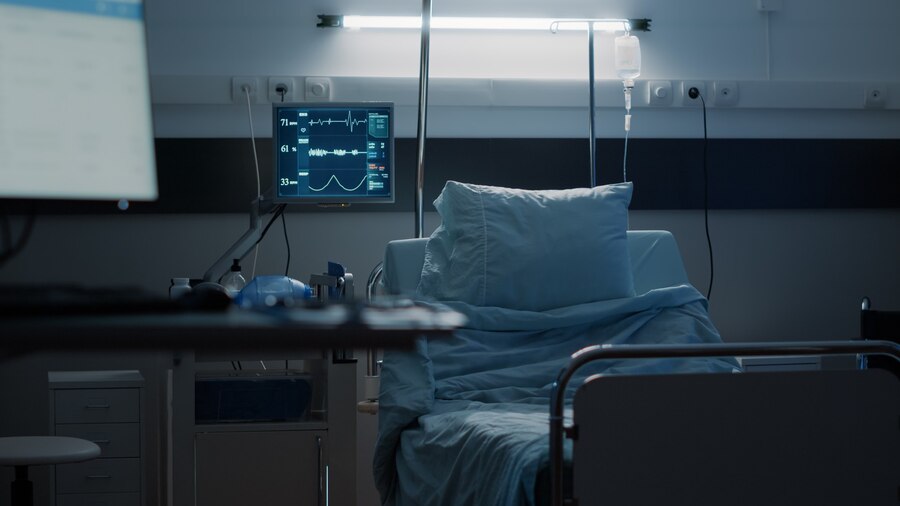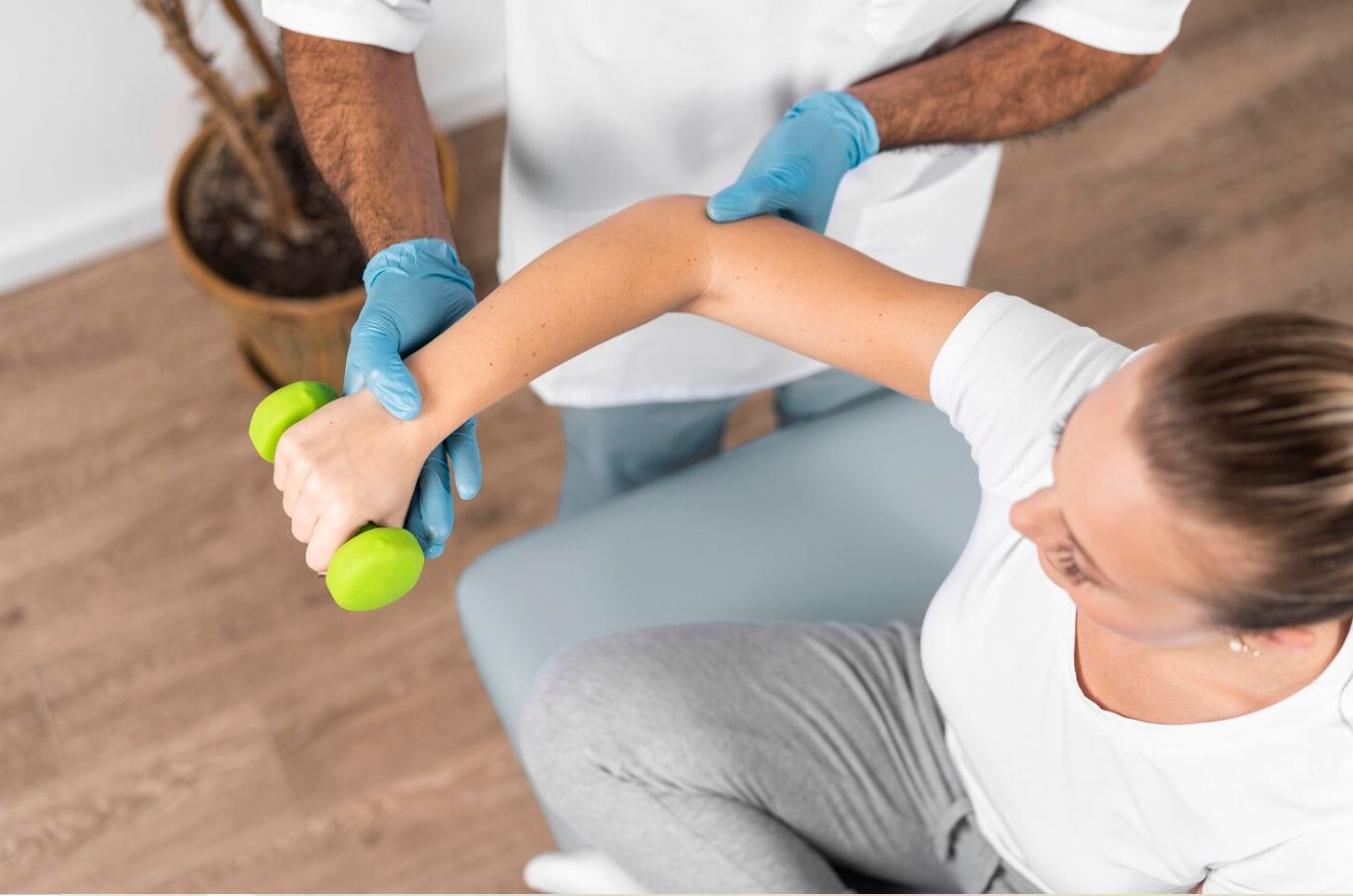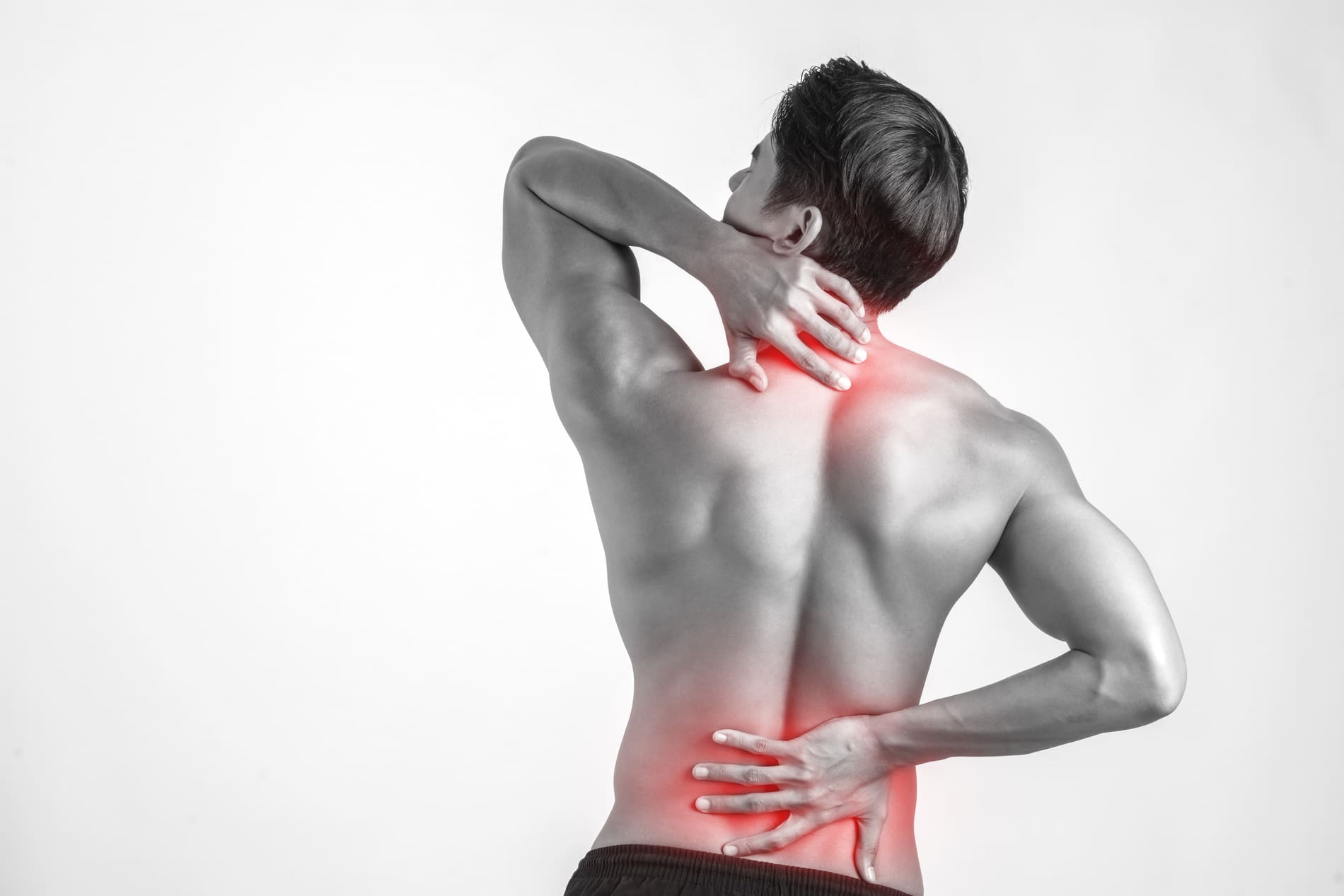The period immediately following hospital discharge is one of the most clinically vulnerable times for any patient—especially for those who have experienced a cardiovascular event such as a heart attack or a decompensation due to heart failure. Scientific evidence is clear: the risk of early readmission in the first weeks after discharge is high, and many of these readmissions could be avoided with structured follow-up care.
Heart failure, in particular, is one of the leading causes of hospital readmission within 30 days of discharge. Patients may experience fluid retention, subtle signs of decompensation, or difficulties managing their medication regimen. Without close, multidisciplinary supervision, prognosis worsens—affecting not only quality of life but also survival.
In today’s healthcare context, the Spanish system is under high clinical pressure. Many primary and specialized care services are unable to provide timely follow-up visits, leaving the most vulnerable patients—such as the elderly or those with multiple conditions—at increased risk. This care gap after discharge leads to uncertainty, poor treatment adherence, and, all too often, new hospital admissions.
At Clínica Samon, we recognize the seriousness of this issue and offer an effective and compassionate alternative. We provide a dedicated service for patients recently discharged from the hospital, focused on reducing complications and preventing avoidable readmissions. This service includes an early medical consultation, medication review, personalized health education, and active clinical monitoring.
We also offer a cardiac rehabilitation plan designed by our team of nurses and physiotherapists specialized in cardiovascular health. This program aims to restore the patient’s functional capacity, strengthen autonomy, and improve long-term outcomes. Because hospital discharge should not mark the end of care—it should be the beginning of a new stage in which the patient feels supported, safe, and well-guided.




